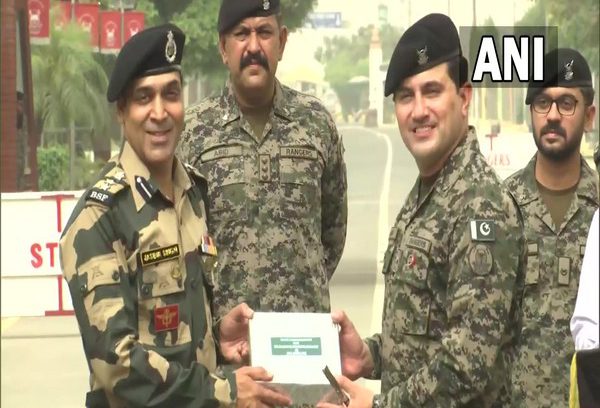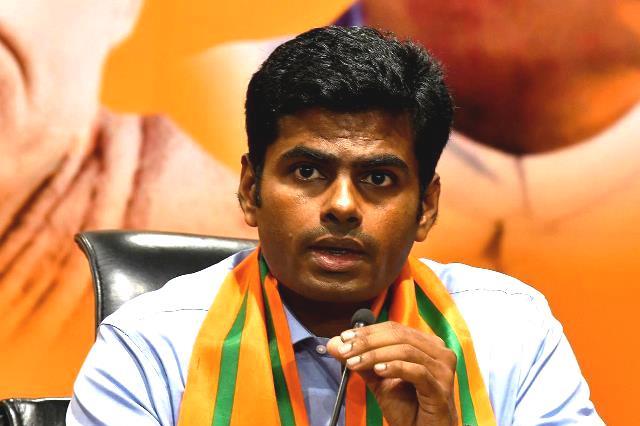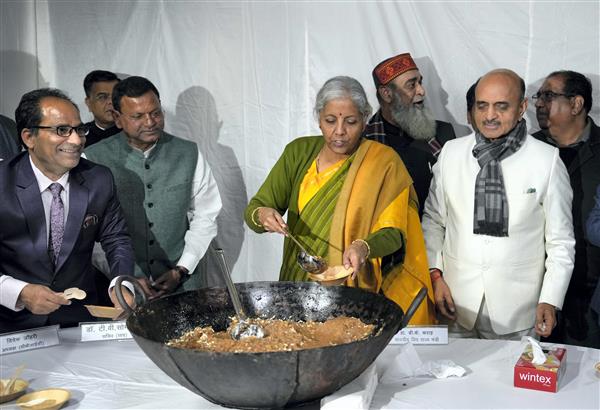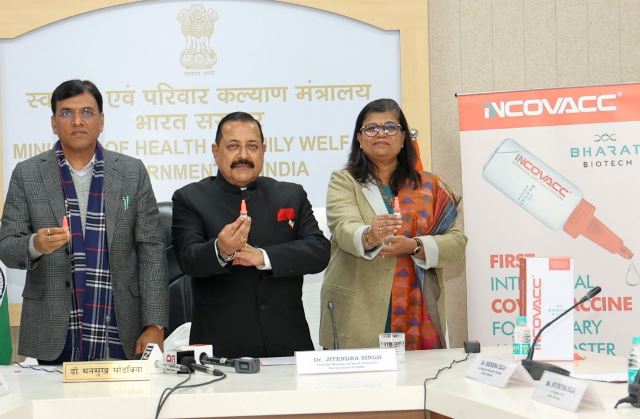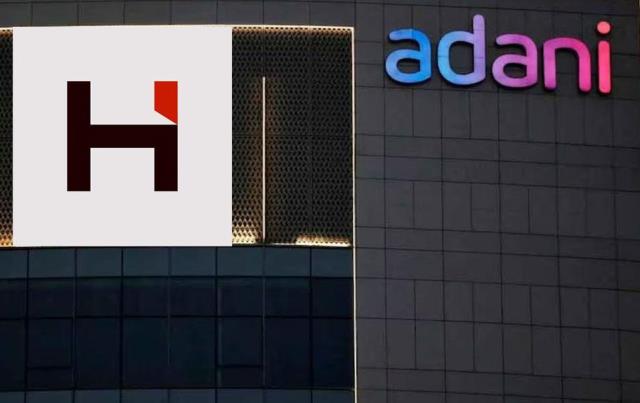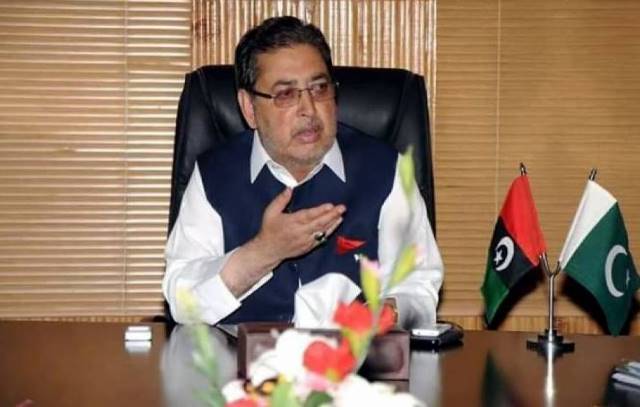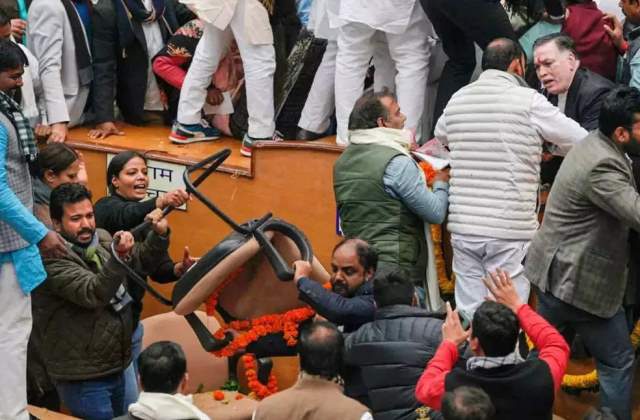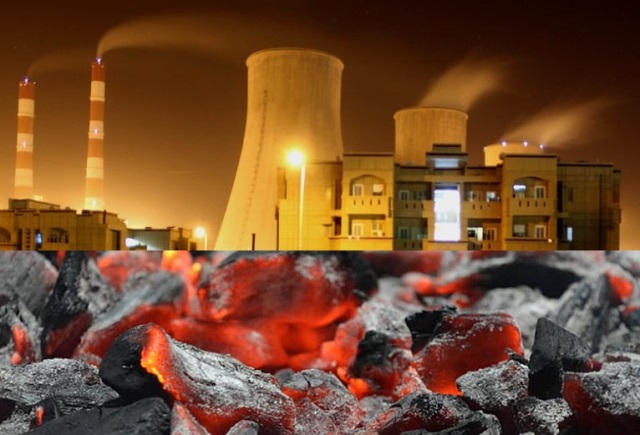Coal is by far the dirtiest of all fossil fuels and many countries have moved away progressively from its use because of the high degree of environmental pollution its burning will cause. However deleteriously its burning to produce electricity may impact the environment, India for a good number of reasons has no alternative to using the polluting fuel in an increasingly big way for many years to come. Under India’s earth is found the world’s fifth largest resources of coal. Exploration up to a depth 1,200 meters carried out by central agencies such as Geological Survey of India has established the country’s resources of coal at 319.02 billion tonnes, including 282.910 billion tonnes of thermal coal, which is burnt to produce electricity. The rest is metallurgical coal used by the steel industry and there is also some amount of tertiary coal.
The very high ash content in Indian coal, both thermal and metallurgical, make it dirtier than is the case with the fuel mined in Indonesia, Australia and China. Whatever that is, the compulsion to use more and more coal is to be seen in the context of huge foreign exchange outgo on imports of crude oil and liquefied natural gas (LNG) as domestic production is not making the progress of desired kind.
India, the world’s thirst largest oil consuming and importing country, saw its crude oil import bill rising to $119.2 billion in 2021-22 from $62.2 billion in the year before. Crude oil besides, 2021-22 imports of 40.2 million tonnes of petroleum products and LNG cost the country $24.2 billion and $11.9 billion, respectively. India, which is over 85 per cent dependent on imported crude will have to set its energy compass in way as to be able to navigate through the choppy oil market that may see prices staying at elevated levels, principally because of improving economic outlook in the US and China. In any case, oil has started pushing higher after a rocky start to 2023.
A raft of forecasts from the likes of Goldman Sachs and markets being upbeat at the flexibility finally being seen in the way Beijing is finally handling the infectious Covid-19 disease creating condition for normal work environment could see oil rallying back above $100 a barrel. The trade embargo on Russian oil by the European Union and the US as fallout of the Ukrainian war is working as an underlying strength for the commodity.
Based on its special historic relationship with Russia, India continues to buy Russian crude in large quantities at deep discounts to market rates ignoring the ire of the West. For example, this country imported 1.7 million barrels per day (b/d) from Russia in November with inbound shipments climbing to a record high ahead of the EU December 5 import ban and the G7 price cap of $60 a barrel. While trade and political compulsions have led India to step up imports from its traditional trusted ally, strong western protests against Russian invasion and arms aid to Ukraine for repulsing air and land attack, the war, which actually began on February 20, 2014 but took a particularly vicious form in February last year led to tightening of energy embrace between Russia and China.
Taking advantage of the crisis Russia is facing in its seaborne trade, India, to its convenience, has stepped up crude oil imports from that country to a record in November. Even that leaves India to meet a very large portion of its requirements from the open market – OPEC member countries and also the US – where a variety of economic, political and strategic factors decide the price. Oil represents the most dynamic of all commodity markets.
In recent years, India’s oil imports ranged from a low of 4.033 b/d in the Covid-19 pandemic hit 2020 to 4.544 b/d in 2018. The point then is such high levels of dependence on crude oil imports could from time to time bring the country’s current account deficit (CAD) to deeply worrying levels. For example, CAD skyrocketed to 4.4 Per cent of GDP (gross domestic product) in the July-September quarter of 2022-23 from 1.3 per cent in the identical period year before. How will not the government be concerned with the development since the comfort level is taken as breached at above 2.5 per cent of GDP? In recent years, the share of petroleum, oils and lubricants (POL) in total Indian imports has ranged from 21 per cent to 25 per cent, constituting the single largest import component. However, since 2015 financial year when POL constituted 30.9 per cent of the country’s total import bill, its share in overall imports has been down.
Though not to the same extent as coal, the oil and natural gas industry is also a major environment pollutant. The US Environment Protection Agency tells us: “The industry is a significant source of emissions of methane… with a global warming potential more than 25 times that of carbon dioxide. It also is the largest industrial source of emissions of volatile organic compounds (VOCs), a group of chemicals that contribute to the formation of ground-level ozone (smog). Exposure to ozone is linked to a wide range of health effects, including aggravated asthma, increased emergency room visits and hospital admissions, and premature death. In addition to helping form ozone, VOC emissions from the oil and gas industry include air toxics such as benzene, ethyl benzene, and n-hexane, also come from this industry. Air toxics are pollutants known, or suspected of causing cancer and other serious health effects.” But beyond production, transportation and its refining, the use of petrol and diesel to run vehicles of all kinds is the source of harmful pollutants such as grounded-level ozone and particulate matter whose inhalation could cause death.
The research group Nielsen says in a report that of the total supply 70 per cent of diesel and 99.6 per cent of petrol is used by the transport sector. Farm sector uses 13 per cent of diesel. Oil imports present India with twin challenges: first, the huge outgo of foreign exchange to pay for foreign origin crude exacerbating CAD and environmental damage that its use causes. What are the mitigating steps the government has already taken to find some relief in the prevalent situation? High taxation on automotive fuels results in an imputed carbon tax of $140 to $240 per tonne of carbon dioxide. This alone is a big incentive to boost production of electric vehicles – from two wheelers to passenger cars to buses. What also remains a highly sustainable motivation for domestic car makers led by Tata Motors and now increasingly by foreign groups to make EVs and extend their travel range before battery recharging is the government’s FAME India scheme, implemented in two phases. The acronym stands for Faster Adoption and Manufacturing of (Hybrid &) Electric Vehicles in India. Both the phases have secured liberal funding from the government.
Furthermore, the following government steps have also come in as major a aid to boost production and range of EVs: (a) EVs are covered under production linked incentive (PLI) with a budgetary outlay of Rs25,938 crore. (b) GST (goods and services tax) on EVs is down from 12 per cent to 5 per cent and on chargers and charging stations from 18 per cent to 5 per cent. (c) Battery-operated vehicles are given green licence plates exempting then from permit requirements and (d) Road transport ministry has advised states to waive road tax on EVs.
ALSO READ: ‘Biofuel Push Will Curb Pollution, Benefit Farmers’
In another significant environment mitigation move, New Delhi having seen the positive response of sugar mill industry to produce enough ethanol leading to fulfilling the targeted 10 per cent blending with petrol ahead of the target in June 2022 five months ahead of schedule, it has now advanced the target of 25 per cent blending by as many as five years to 2025. Fixing remunerative prices of ethanol by the government and most sugar factories earning good profits in recent years have encouraged them to build capacity for making the chemical to fulfil the progressively increasing ethanol blending with petrol. Decarbonisation on account of vehicles being powered by petrol and diesel is sought to be progressively curbed by speeding up production of EVs and stepping up ethanol use.
India is the world’s third largest emitter of all kinds of pollutants, including carbon dioxide. If things are left as they are without much action, then Indian emissions will rise from 2.9GtCO2e a year to 11.8GtCO2e in 2070. But the country has made a global commitment to get to net zero by 2070. Redeeming such a pledge will require a lot of cleaning of the system, huge investments in technology and revolutionary policy reforms. Coal, which the country will not easily be able to lower its use in the face of growing energy demand and the fuel’s easy local availability, will make it highly challenging for the country to achieve net zero by 2070. Coal India chairman Pramod Agrawal says: “Coal is not threatened by the onrush of renewable for now. This fossil fuel will not be dethroned from its energy pedestal for the next two decades if not more. Renewables are growing but not at the pace that they can effectively dislodge coal use in the country.”
In an identical way, the leading energy expert Vikram S. Mehta writes: “Coal will remain the bulwark of India’s energy system for decades. It is no doubt the dirtiest of fuels, but it remains amongst, if not the cheapest of source of energy. Plus hundreds of thousands depend on the coal ecosystem for their livelihood. The option of phasing out coal while environmentally compelling is not yet a macroeconomic or social possibility.” If anything Coal India alone has approved a total of 52 projects which will result in incremental capacity creation of 378 million tonnes a year.
Read more: http://13.232.95.176/
